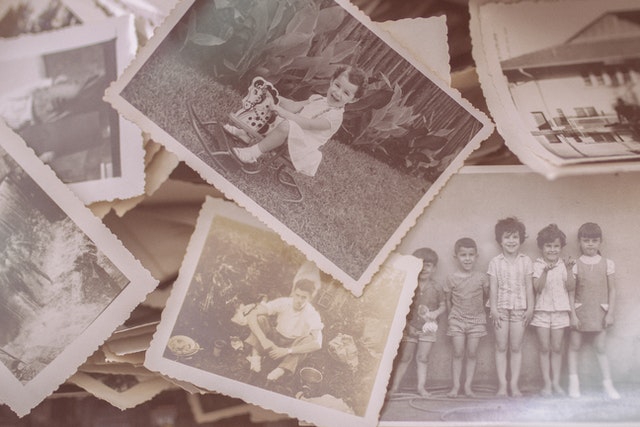Patients or carers can self-refer by calling into the Dementia Connect number 0333 150 3456 or via the secure online referral form www.alzheimers.org.uk.

Alzheimer’s Society are commissioned by the NHS in Birmingham to support GP practices in the management of patients with dementia and their family and carers. Funded by Birmingham and Solihull CCG and Solihull Metropolitan Borough Council, the Dementia Connect service will provide a range of support, both face-to-face and over the phone, including:
· Dementia Advisers for the person with dementia and their family/carers following diagnosis at the Memory Assessment Service.
· Information, advice, emotional support and signposting to people who have received, or who are actively seeking a diagnosis of dementia and their families.
· Help to access a range of other (both statutory and third sector) support systems when needed, e.g. social services, benefits advice, community activities, etc.
· Guidance around dementia awareness and coping strategies for informal carers and good practice in dementia care.
· Help when experiencing a crisis and work with family/carers to avoid further crises.
· Access to groups which provide opportunities for peer support, discussion and expression in stimulating social environments: Dementia Cafes, Singing for the Brain Groups, Focus on Dementia Network, Activity Cafes and a Carers Group.
The aim of the Dementia Connect Service is to provide timely information, advice and support to people living with dementia and their family carers throughout their journey with dementia, enabling them to live well in their own homes, for as long as possible. With the consent of patients, the Dementia Adviser can highlight with GPs any concerns that become apparent when we visit them at home; e.g. non-compliance with medication, concerns with management of other conditions such as diabetes and COPD, any risks of falls/falls prevention.
The Dementia Connect Service also engages with all communities by going to their venues, such as community and faith groups. For one-to-one support, people will usually be seen in their own homes, but can be seen at any mutually agreed venue.

